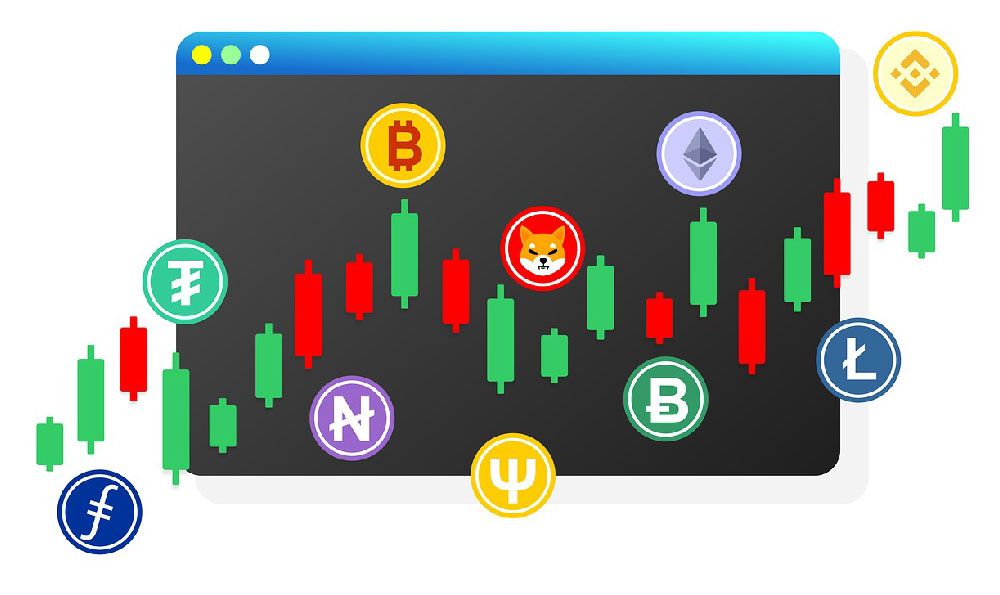Podcasts have become a powerful medium for content creation, offering a unique blend of storytelling, expertise sharing, and audience connection. As the global podcast audience surpasses 1 billion listeners, the potential for monetization is expanding rapidly, but success requires more than just producing engaging content—it demands strategic planning, audience cultivation, and a nuanced understanding of the various revenue streams available. Whether you're a passionate creator or a curious listener, the question of how to generate income through podcasts invites a deeper exploration of the opportunities that exist in this evolving ecosystem.
The journey toward monetizing a podcast begins with establishing a loyal and active listener base. Without a substantial audience, even the most innovative monetization strategies may fall flat. To achieve this, creators must focus on delivering consistent value, whether through educational insights, entertainment, or emotional resonance. Building trust and credibility takes time, often measured in months or years, but it’s the foundation upon which sustainable income can be built. Once an audience is established, the next step involves identifying the most suitable monetization methods that align with the podcast’s niche, content style, and technical capabilities. The diversity of options—from traditional advertising to direct audience support—reflects the maturation of the podcast industry and the growing demand for monetization solutions that cater to different types of creators and listeners.
One of the most common approaches is affiliate marketing, where creators earn commissions by promoting products or services within their episodes. This strategy thrives on alignment between the podcast’s content and the products being endorsed, ensuring that recommendations feel authentic and valuable to the audience. For example, a tech-themed podcast might promote gadgets or software tools, while a fitness-focused show could highlight supplements or workout gear. Success in affiliate marketing hinges on maintaining transparency, focusing on long-term audience relationships, and leveraging the right platforms to track conversions and maximize earnings. Tools like Amazon Associates or ShareASale provide structured frameworks for this process, but creators must also consider their own brand authenticity and the potential for listener trust to be compromised if recommendations are perceived as overly commercial.

Another viable option is sponsorship deals, where brands pay for ads to be featured directly in episodes. This approach often requires a higher level of audience engagement, as sponsors typically seek podcasts with measurable reach and demographic relevance. Negotiating sponsorship deals involves crafting compelling pitch packages that highlight listener data, audience demographics, and content quality, which can help attract brands willing to invest in the podcast’s ecosystem. However, maintaining creative control while integrating brand messaging is crucial to avoid alienating the audience. Some creators opt for a hybrid model, combining sponsorships with listener-driven content to balance commercial interests with artistic integrity. This strategy also necessitates a clear understanding of contract terms, including payment structures, exclusivity clauses, and the boundaries of promotional content.
For those seeking deeper audience involvement, subscription-based models offer a sustainable source of income. Platforms like Patreon and Substack enable creators to offer exclusive content, early access, or behind-the-scenes material in exchange for recurring support. This method is particularly effective for niche audiences willing to pay for premium content, but it requires careful management of expectations and a commitment to delivering value consistently. The success of this approach often depends on the creator’s ability to differentiate their content from free episodes, ensuring that the subscription model feels like a natural extension of the podcast’s value proposition. Additionally, creators must consider the potential for listener fatigue and find ways to maintain engagement through diverse content offerings and interactive elements.
Content licensing and distribution rights represent another avenue for monetization, albeit one that requires more advanced planning. Some podcasts secure deals with media companies, streaming platforms, or educational institutions to sell their content in curated formats. This approach can generate income through royalties, licensing fees, or subscription models, but it often involves navigating complex legal agreements and distribution networks. For example, a podcast with a strong educational focus might be sold to online courses platforms, while a comedy podcast could be licensed for use in streaming services. The key to success in this strategy lies in understanding intellectual property rights, negotiating fair compensation, and maintaining a clear separation between the original content and licensed versions.
In recent years, the rise of listener donations has transformed the financial landscape for podcast creators. Platforms like Buy Me a Coffee and Ko-fi allow audiences to support their favorite shows directly, fostering a sense of community and mutual appreciation. This method is particularly popular for independent creators who value the authenticity of direct support from their audience. However, it requires a strong emotional connection and a demonstration of the creator’s dedication to the podcast’s mission. To maximize donations, creators must ensure that their content consistently delivers value and that the donation process remains seamless and user-friendly.
Finally, the potential for podcast monetization is further enhanced by the integration of ancillary revenue streams. These include merchandise sales, live events, and coaching programs, which can create additional income sources while deepening the relationship between creators and their audience. Merchandise, for instance, often requires creative design, effective branding, and a clear understanding of the target market’s preferences. Live events, such as Q&A sessions or exclusive interviews, can generate income through ticket sales or paid promotions, but they demand careful planning and execution. Coaching programs, on the other hand, offer a way to monetize expertise while providing a structured revenue model that can scale over time. Each of these strategies requires a unique set of skills and resources, but they all contribute to a diversified income portfolio that can sustain a podcast’s operations.
Ultimately, the path to monetizing a podcast is as diverse as the content it produces. Success lies in combining strategic planning with audience-centric approaches, ensuring that every monetization strategy enhances the listener experience rather than compromising it. As the podcast industry continues to evolve, creators who remain adaptable, innovative, and focused on building long-term value will position themselves to capitalize on the growing opportunities available in this dynamic space. The key is to recognize that monetization is not a one-time goal but an ongoing process that requires continuous refinement and a deep understanding of both the creative and financial dimensions of podcasting.












